Liliana was imprisoned in Caxias, Clarinda was in exile, trained in guerrilla techniques and knew how to operate a Kalashnikov. Luís joined the MFA and ended up dictating law and order and resolving conflicts from the Infantry Regiment nº4, in Faro. They are all from the Algarve and gave their testimony at a special meeting of the Tertúlia Farense, dedicated to the 50th anniversary of the 25th of April.
In total, there were nine testimonies, given by people who, as you can see, experienced April 25, 1974 in very different ways.
And there was a common thread in many of the experiences reported: the initial uncertainty about what had really happened on that Thursday in April, in Lisbon.
Liliana Palhinha didn't even realize that there had been a revolution.
And it's no surprise: on the morning of April 25, 1974, Liliana woke up in an isolation cell in the Caxias prison, where she had been for months, where she only had contact with the PIDE interrogators and the guards who opened the door. hatch to leave food and control prisoners.
«It was only on the 26th that we realized that something was different. The guards did not come to look through the door and routines were not followed. We didn’t know what was going on and we were even more scared,” he said.
At a certain point, the doors of the political prisoners' cells were opened, as well as the doors that separated the different wings, which allowed Liliana Palhinha to access, for the first time, the prison's common area, «where the criminal prisoners were common», but also to the prison yard.
At a certain point, still on the 26th, more information arrived and the message began to spread that the political prisoners were going to be released, which happened «close to midnight on the 26th to 27th of April».
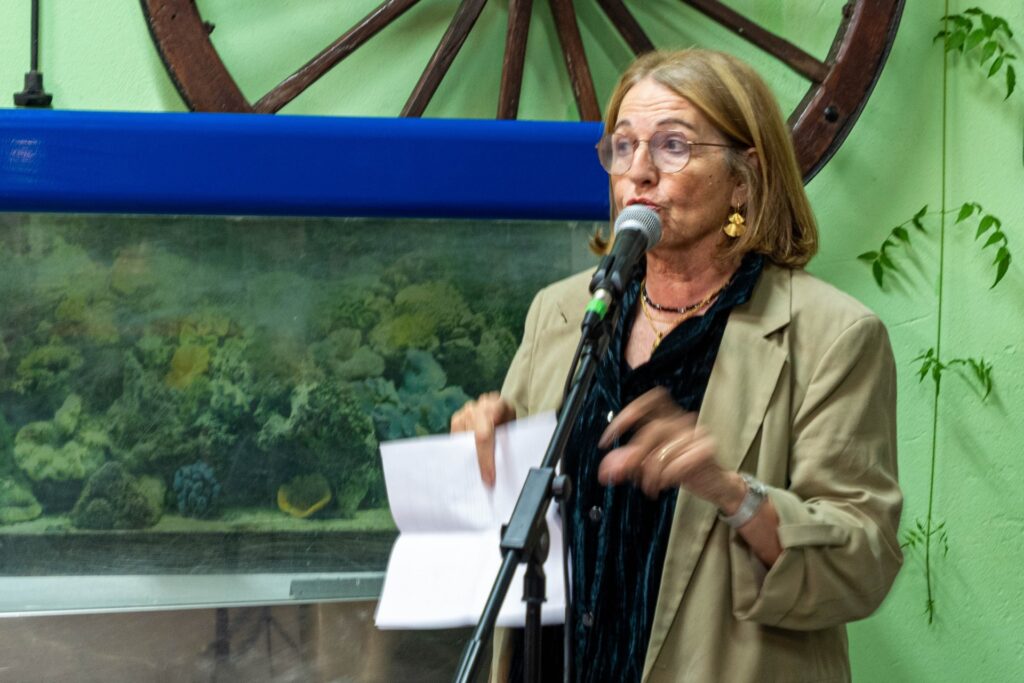
Liliana Palhinha's adherence to the regime's protest movements, which resulted in her being arrested twice by PIDE, was not linked to the Communist Party – «in 71/72, when I arrived at the University, in Lisbon, it was already very politicized, but I didn’t particularly like communism” – but rather the fact that I “didn’t like Salazar, the Regime, war and poverty at all”.
Clarinda Veiga-Pires also did not belong to the Communist Party, but that did not stop her from assuming herself as a fighter against the regime.
In the 60s, this woman from Faro joined the Revolutionary Action Movement, and moved to Algeria with her husband.
«We had guerrilla training in the desert. At the time I learned how to handle and use a Kalashnikov,” he said.
The person who also went into exile, but after having “participated in several political struggles”, was Maria Emília Costa, who was in the Netherlands on April 25th.
«When we found out that there had been a coup, we thought it would be right-wing. It was only on April 26th that we realized that the regime had been deposed,” he says.
Many people in the Algarve feared that the military coup had been carried out by General Kaúlza de Arriaga – that is, that it was a right-wing coup, to put a new dictator in power.
«At home, we only rested when we saw the news in the Republic», recalled Nídia Braz, who was still a teenager at the time - she was 16 years old and in the 6th year of high school - and lived in a family that contested the regime.
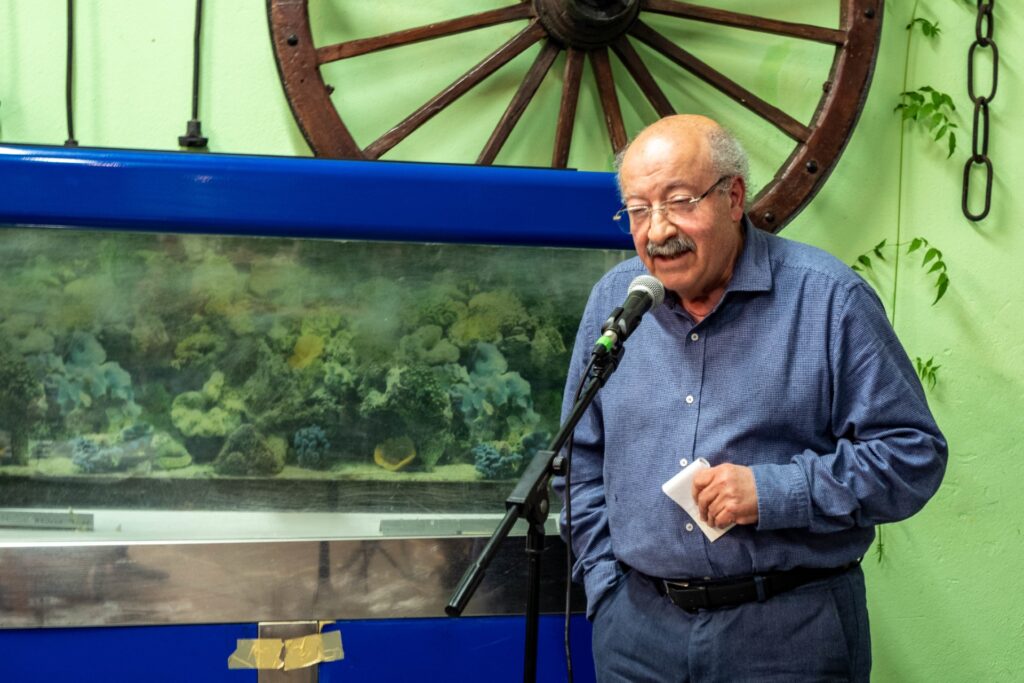
«Before the 25th of April, life in Portugal was hell! There was extreme poverty and tremendous social and intellectual suffocation», stated Luís Martins.
On the day of the Carnation Revolution, Luís was a militia officer and was stationed in Lagos. He was, moreover, one of the soldiers who aligned with the Armed Forces Movement and helped to take over the Fóia sending center.
A few months later, he was placed by the MFA in the Faro, where he began, with other elements of the Movement, to serve as referee and judge in very different situations.
During the time he was in the regiment of Faro, ordered, for example, that industrialists pay the wages they owed to their workers and even handed over a construction company to its employees, after the owner had fled.
But it also accumulated stories that were, to say the least, caricatured, among which stands out that of an action to defend the PCP headquarters, in Faro, which a group of “a few hundred” people from Faro were trying to rob.
The group that wanted to invade the building was led by a man who, coincidentally, was the father of the soldier who was commanding the detachment that was carrying out the defense. «And it was like seeing them insulting each other and calling each other names!», he recalls.
In this session, which brought together almost a hundred people, Alvaro Café, Clarinda Veiga-Pires, Isabel Valente, Liliana André Palhinha, Luís Martins, Luís Nogueira, Maria Emília Costa, Nídia Braz and Vicente Brito gave their testimony.
Photos: Hugo Rodrigues | Sul Informação
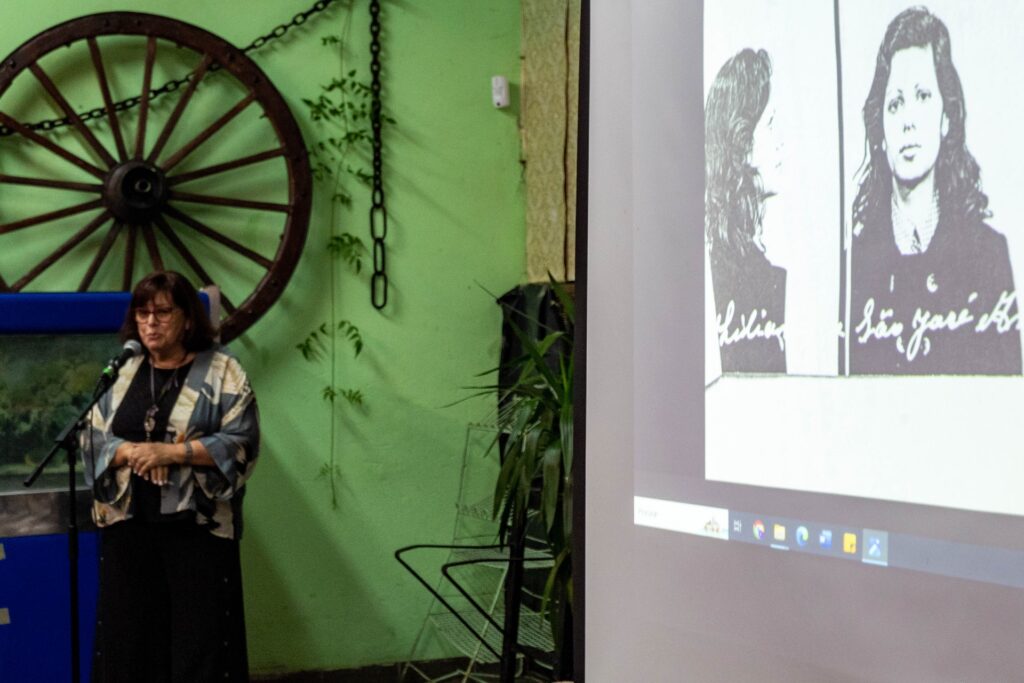
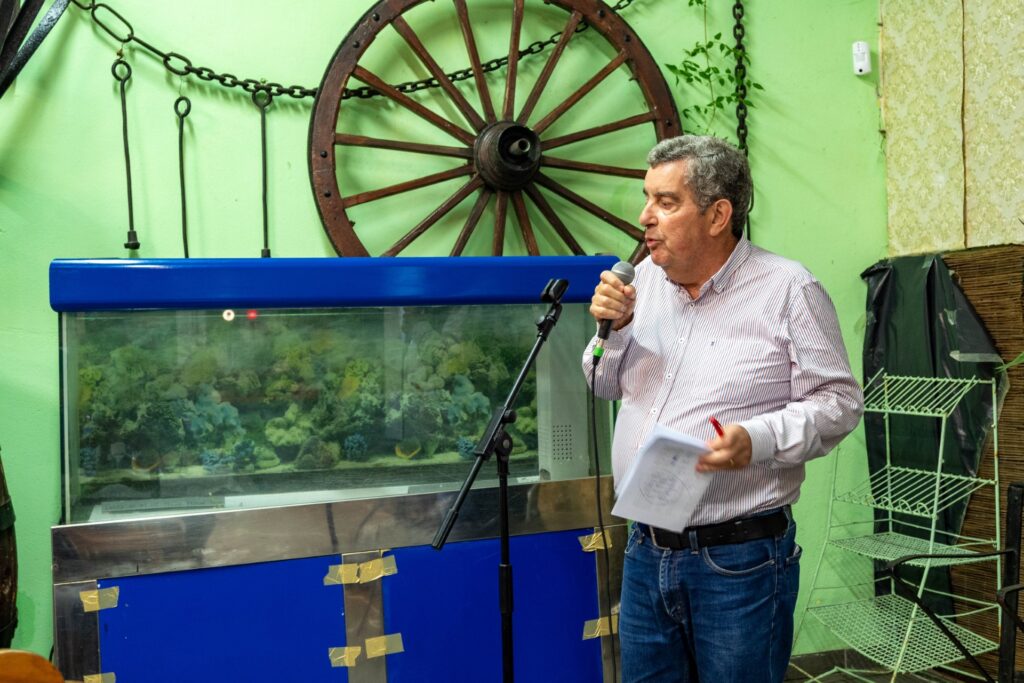
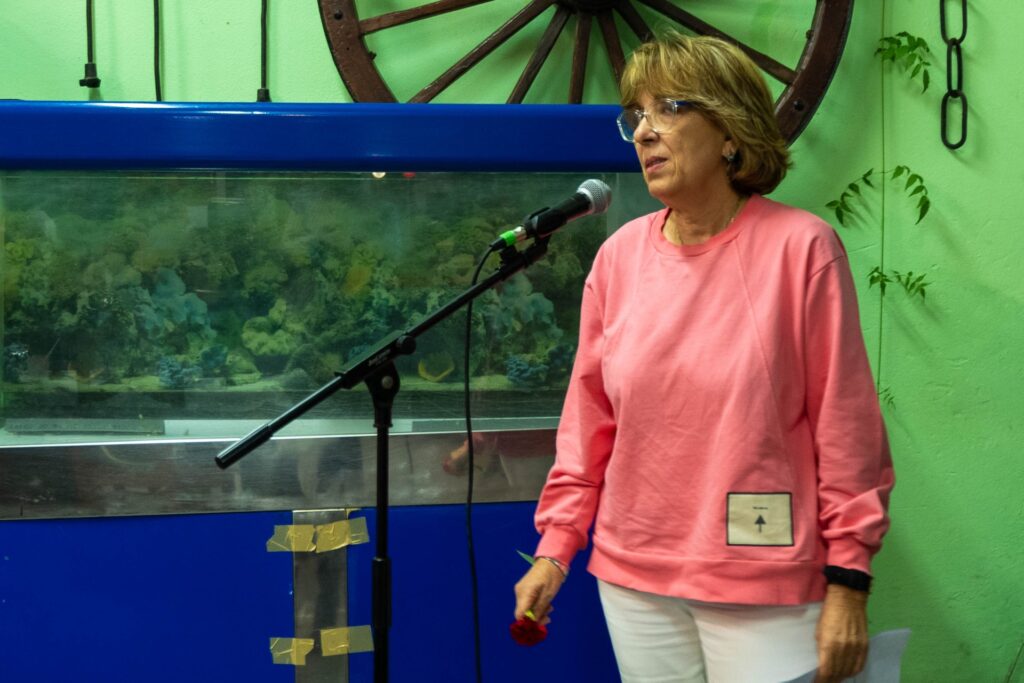
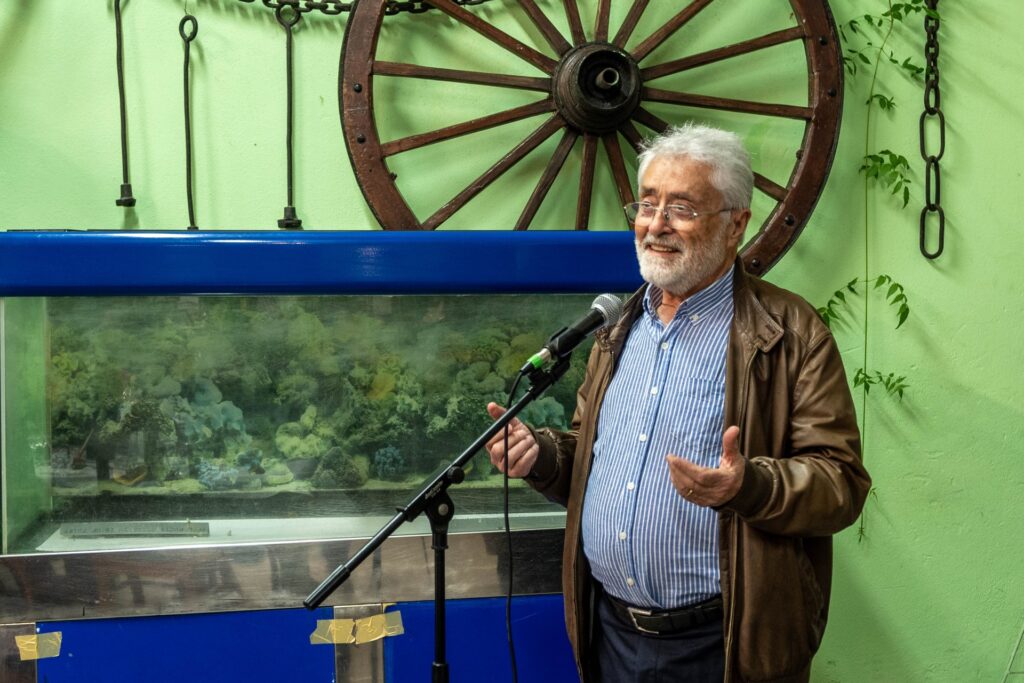
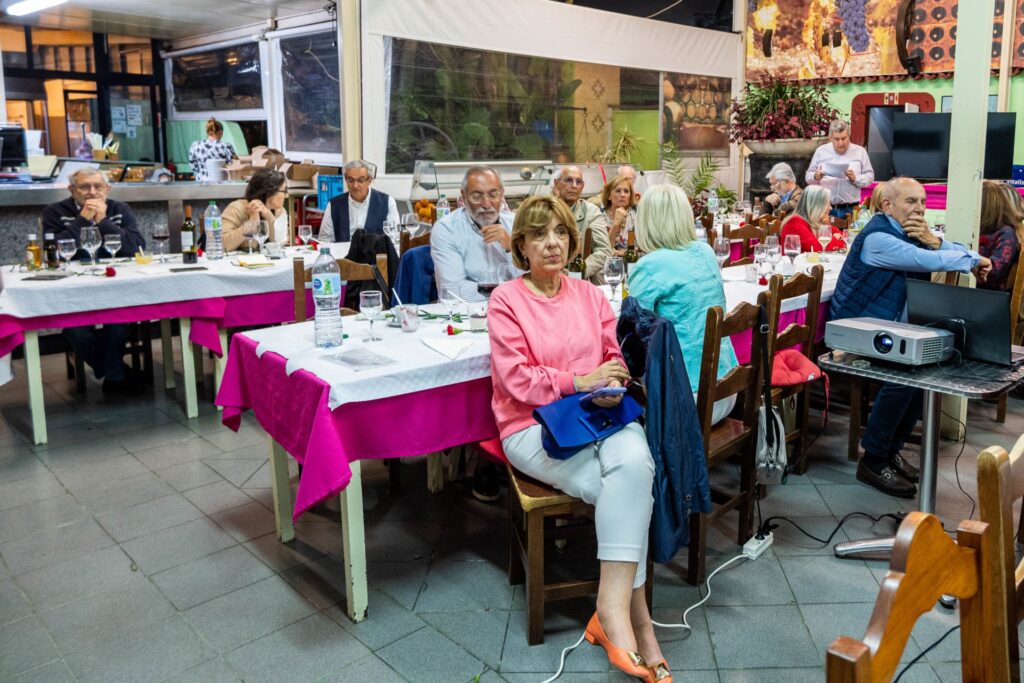
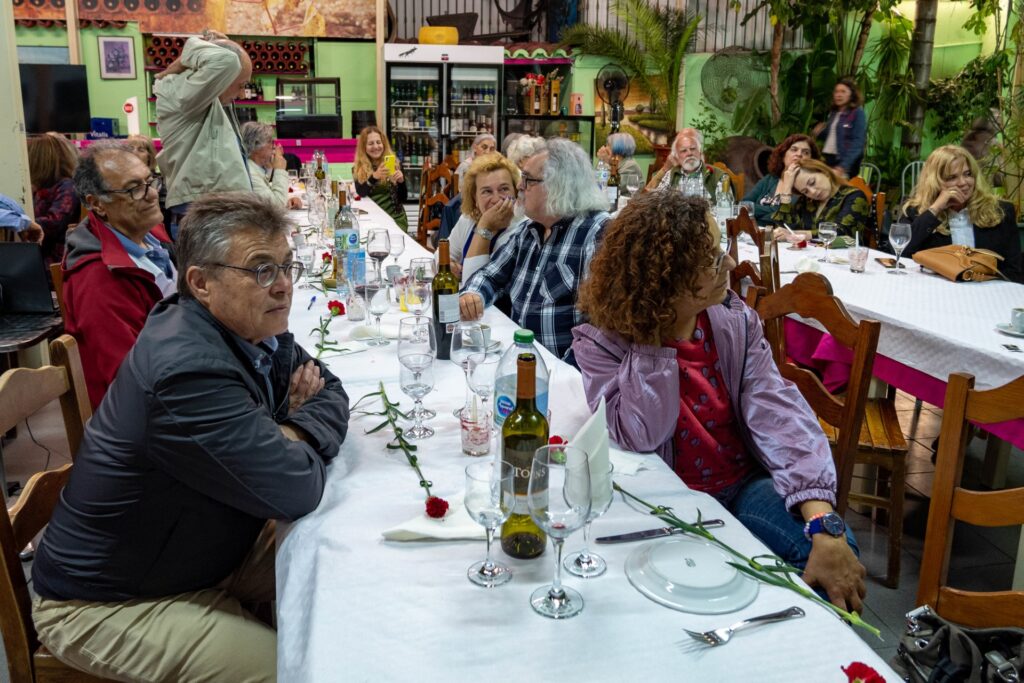
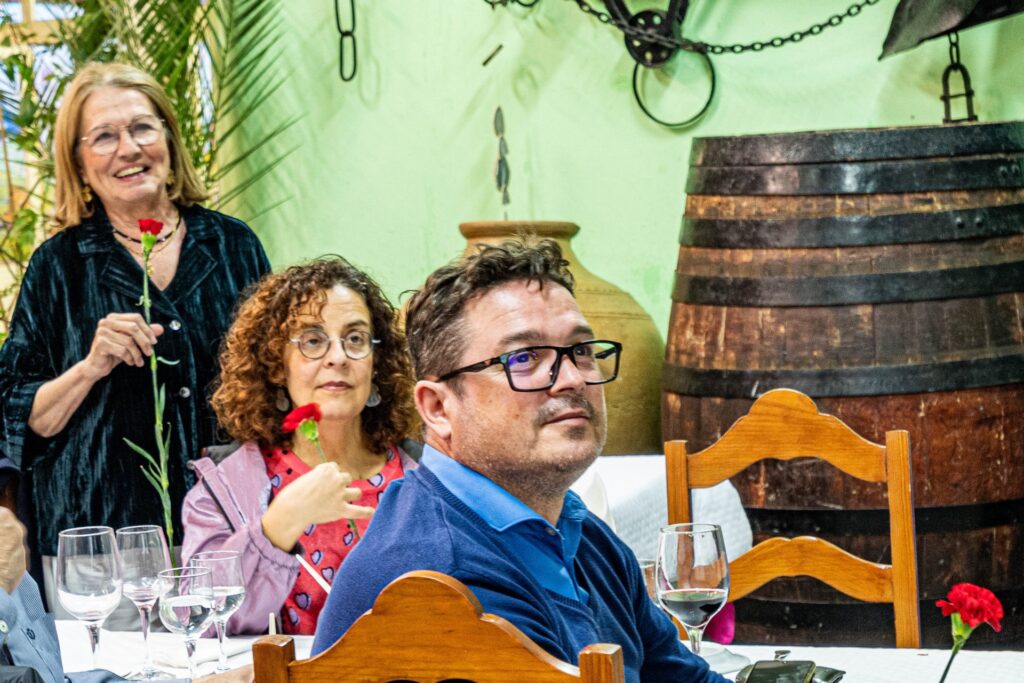
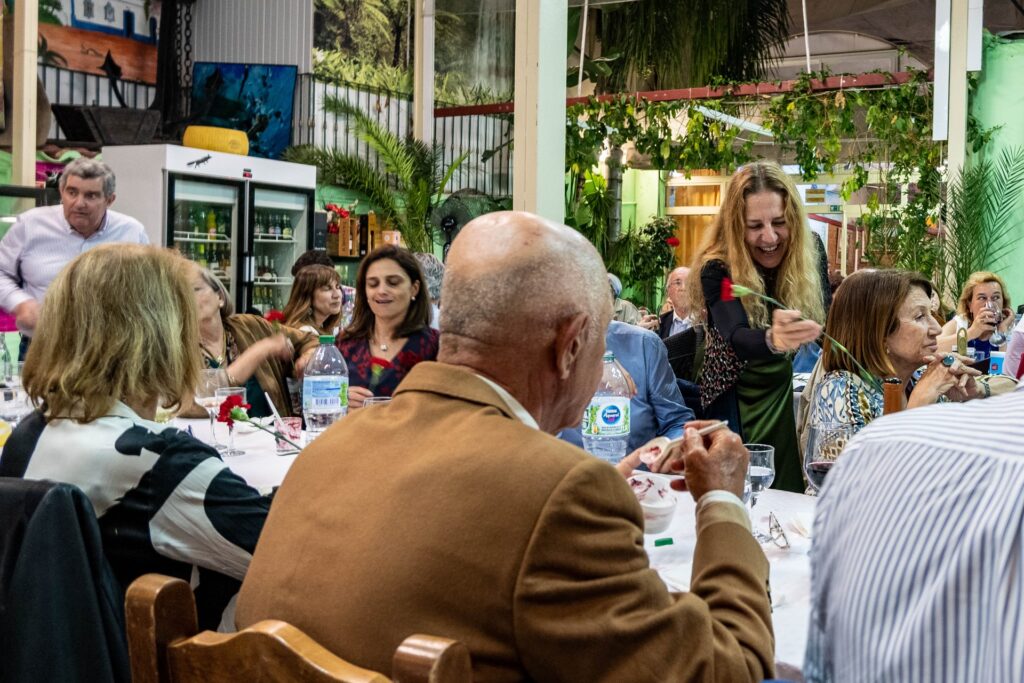


















Comments